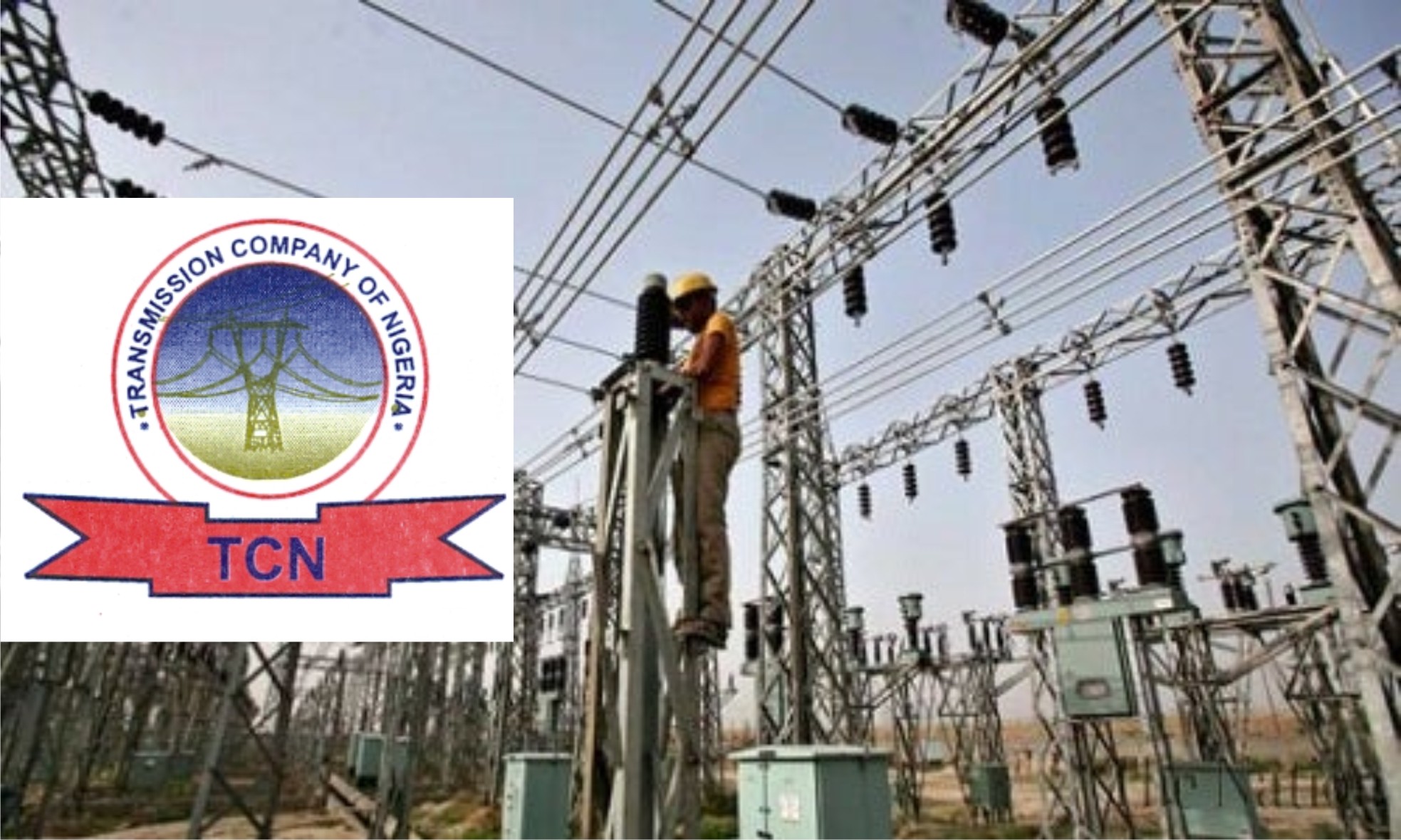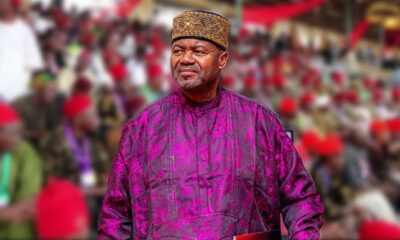Business
FG Shifts Auto Policy Take-Off Date
The Federal Government
has announced April 1, 2015 as the take-off date for the emplementation of the new automotive policy as against January 1, 2015.
The extension was as a result of the stakeholders out-cry, describing as heart warming and a sign that President Goodluck Ebele Jonathan administration is a listening one.
With the extension, vehicles imported into the country will continue to pay 35 per cent assembly plants.
According to them, the implementation of the 35per cent surcharge is part of the National Automotive Policy introduced by the Jonathan led government in November 2013.
A frontline maritime operator, Prince Ologbese said the implementation of the new rate would place cost of vehicles beyond the reach of about 90per cent of Nigerians, increase the cost of transportation by atleast 50percent.
Ologbese said this will increase inflation level and create huge gab between demand and local supply capacity of automobiles due to infrastructural challenges.
On its part, the Association of the Nigerian Chamber of Commerce, Industry, Mines and Agriculture (NACCIMA) in its statement said that it is the beginning of good things to happen in port operations, added that the policy would inflict hardship on the masses.
The National President of NACCIMA, Alhaji Badaru Abubakar noted that the delay was necessary to enable stakeholders resolve the lingering controversies generated by the policy and reach a consensus on how to effectively implement it for the benefit of the sectors investors and the economy at large.
“Having received the lingering controversies between government and auto industry stakeholders on the implementation take off date of the new policy in Nigeria, the chamber wishes to add their voice by expressing some concerns on the short moratorium period given on the effective take off date of the policy;” he said.
He added that, “If implemented, it will not only constrain them to operate optimally but also negatively effects sustainable transformation of the economy as it would lead to fall in demand of imported used vehicles.
While Sampson Kumbe said government should presently reduce duty on imported vehicles until it is able to build the economy to phase out used tokunbo vehicles, otherwise smuggling of used tokunbo cars would be on the increase while the federal government will be on the loose ends as revenue generation may drop to zero percent while neighbouring would be smiling to banks.
Nkpemenyie McDominic
Business
CBN Unveils NTNIA, NRNOA Accounts For Diaspora Nigerians’ Investment

Business
Diesel Price Hike: Manufacturers Opt For Gas

Business
TCN Debunks Grid Collapse, Says Lines Tripped

-
Business10 hours ago
RSG Targets 24hrs Power Supply Through IPP
-
Sports7 hours ago
Organisers Increase Prize Money For ECOWAS Marathon
-
Business9 hours ago
Nigeria’s Power Generation Stagnates At 4,500MW
-
News7 hours ago
Rivers Dep Gov Bags Award
-

 Featured12 hours ago
Featured12 hours agoFubara Hails Mbata’s Emergence As President – General Of Ohanaeze Ndigbo
-

 Politics9 hours ago
Politics9 hours agoNASS Queries JAMB Over Spendings At Budget Defense
-
Rivers10 hours ago
LG Boss Presents Cars To Councillors, Transformers To Communities
-
News7 hours ago
Tinubu Appoints Folashade Adekaiyaoja As First DSS Deputy DG

